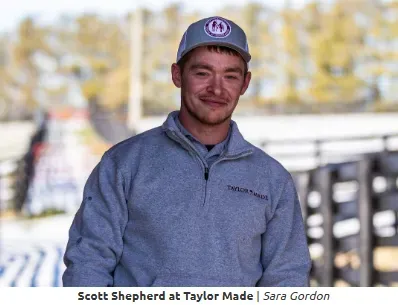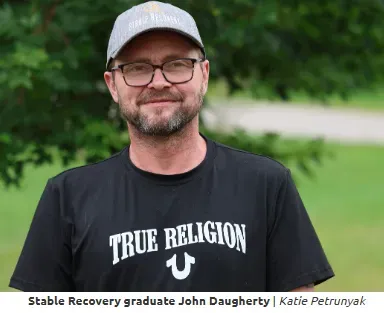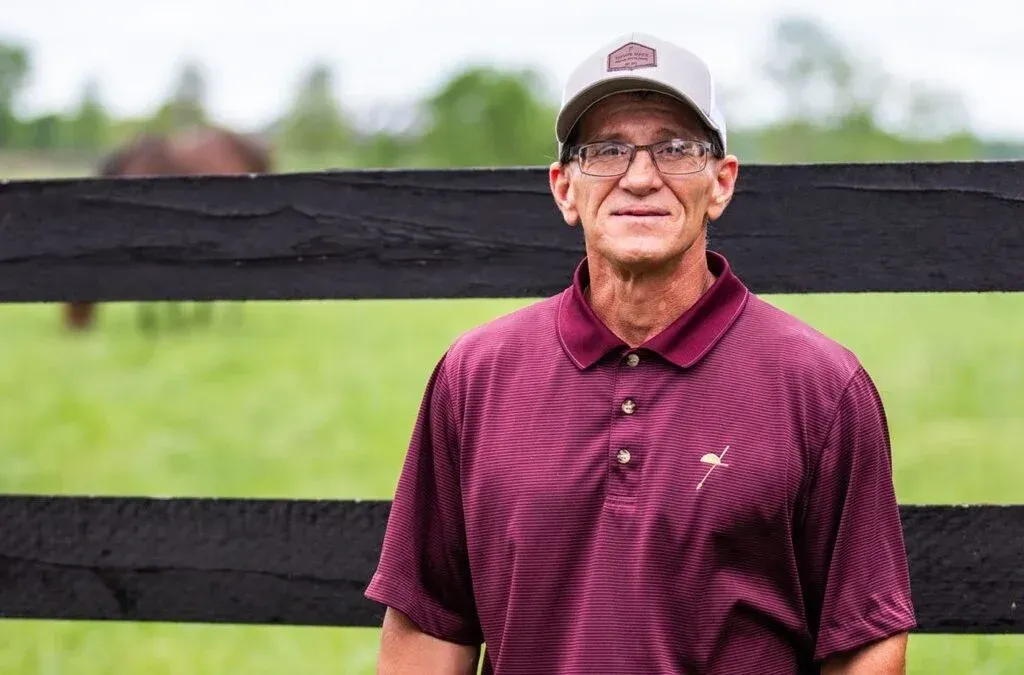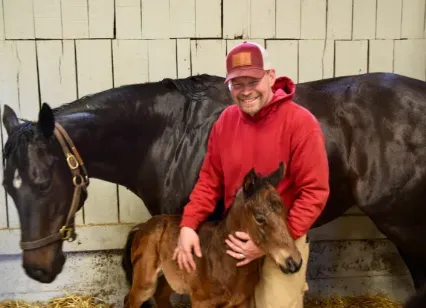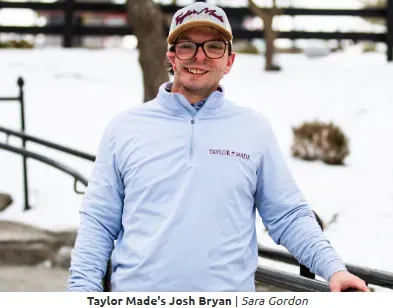The Stable recovery way
Stable Recovery offers a truly unique path to long-term sobriety by combining meaningful work, community living, and the powerful experience of horsemanship. From day one, residents are immersed in a structured environment where they live alongside others pursuing real and lasting life change. The first 90 days of the program are especially critical, this is where individuals begin to break free from addiction, establish new habits, and build the foundation for a healthier future. Through daily responsibilities on the farm, hands-on training in our horsemanship program, and consistent participation in 12-step meetings, residents begin to heal and grow. We don’t just aim to help people get sober; we equip them with the skills, structure, and career pathways they need to stay sober. With strong partnerships in the thoroughbred industry and years of experience, we’re able to connect our graduates with reliable employment and long-term stability. Everything they do is rooted in Accountability, Structure, Discipline, and Responsibility, essentials for recovery, and for life.
our four pillars of recovery
Accountability
It's not about punishment, it's about ownership. Accountability is the willingness to let others in, be open, and commit to change.
Structure
Rhythm and boundaries are necessities for a stable life. In recovery, structure replaces chaos with consistency and sets the foundation for true growth.
discipline
Here, we turn good intentions into action. Choosing to show up daily and do the work, even when it's hard because transformation doesn't happen over night.
responsibility
It marks the shift from being defined by addiction to taking ownership of your life. It's the moment you stop running and start leading.
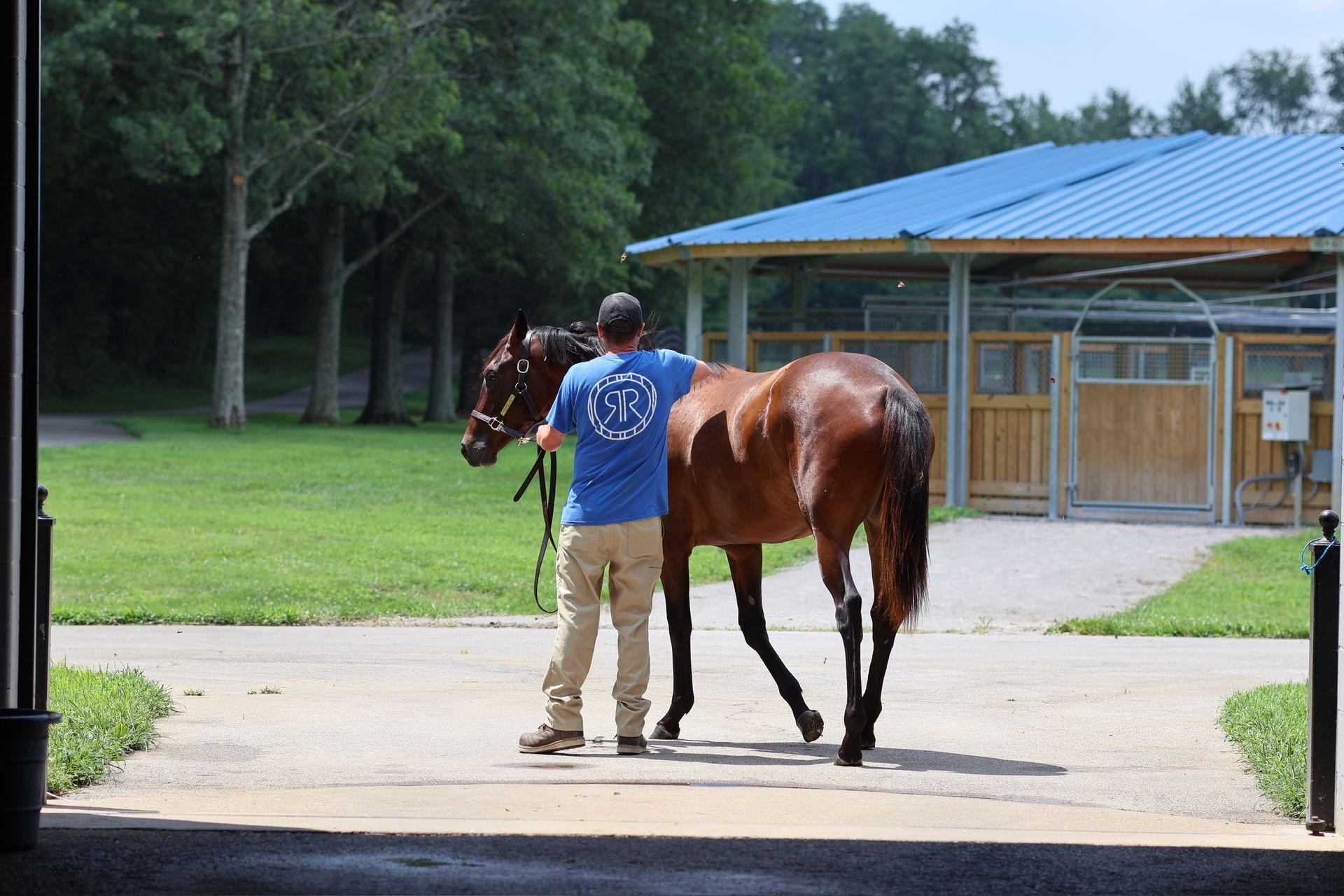
What it takes
Red Phase: Days 1-30
During the initial 30 days, residents begin laying the foundation for success in recovery. The focus is on establishing a well-structured, disciplined routine embracing the fundamentals of sobriety. This phase emphasizes:
- Discipline: Understanding and adhering to the rules, discipline, and structure of Stable Recovery help to build a healthy routine.
- 12-Step Meetings: Daily attendance to 12-step meetings is required. This builds a foundation to recovery.
- Peer-Driven Community: Residents will be living in Stable Recovery housing and striving for success in recovery. In turn, they will benefit from shared growth and accountability.
- Change: Change is difficult, and this phase is designed to help the resident begin their new life in recovery. It will be hard, but worth it.
Yellow Phase: Days 31-90
This phase is a crucial step in development. Residents learn to begin applying new skills, building confidence and self-esteem. During the next 60-day the program focuses on:
- Horsemanship Training: Residents will be evaluated on the skills learned and face new horsemanship challenges in their training.
- Life Skills: Through daily routines, communal living, and peer-support, residents learn discipline, structure, teamwork, and other helpful skills for a positive, productive life.
Green Phase: Days 91-365
The final phase focuses on transitioning to independence and learning to live sober. During this phase residents gain:
- Full-time Employment Opportunities: Residents will graduate from the School of Horsemanship and secure meaningful employment with one of our many partners in the industry.
- 12-Step growth: Residents will continue working the 12-steps, obtain a home group, and begin helping others on their recovery journey.
- Four Pillars: Residents begin applying everything they have learned over the last several months in real world settings. They apply discipline, structure, accountability, and responsibility daily to begin living a healthy, productive, successful life in recovery.
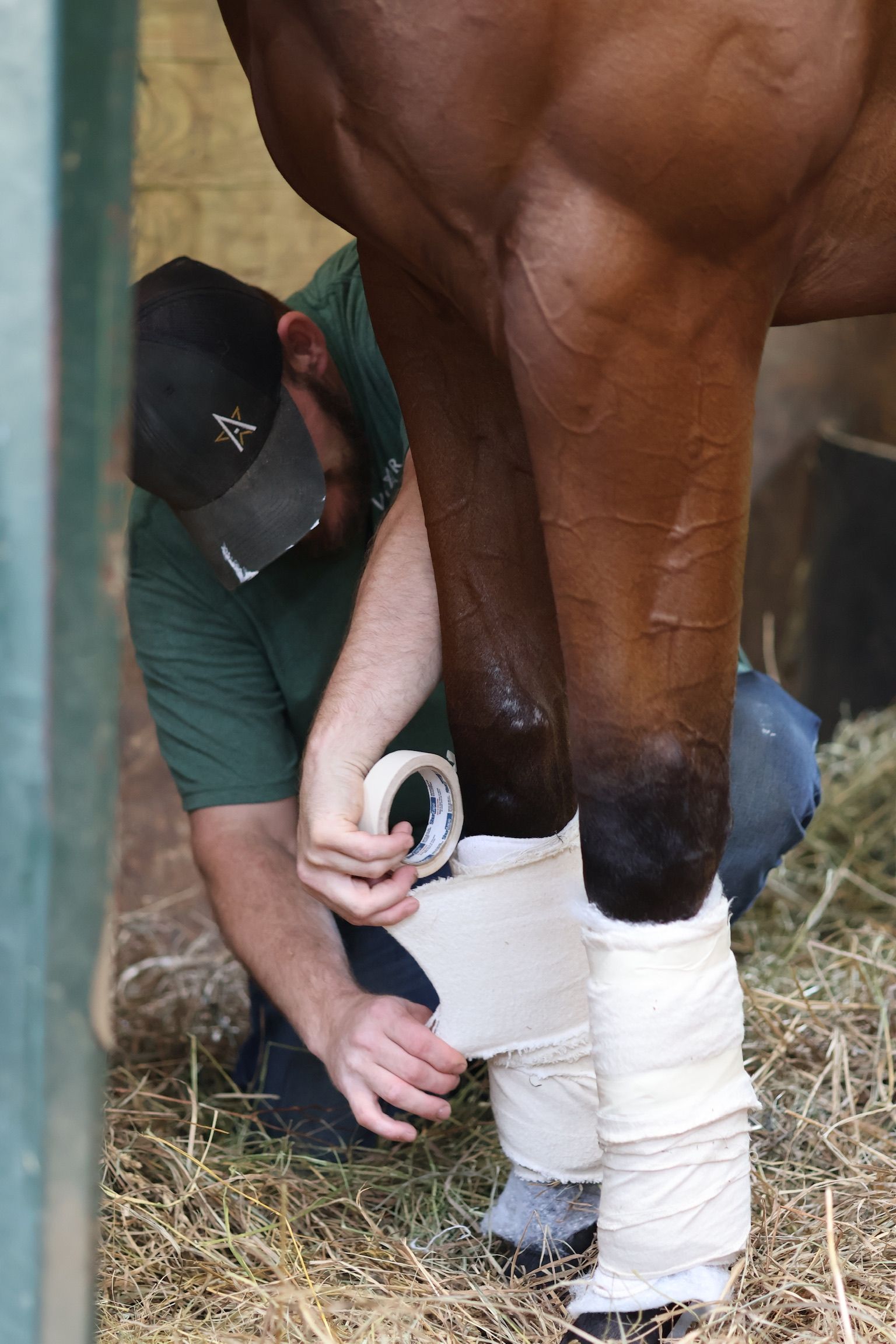
Taylor Made School of Horsemanship
The School of Horsemanship is a core part of the Stable Recovery program, offering residents the opportunity to heal through structured, hands-on work with horses. Horses are emotionally intelligent animals that reflect the energy of the people around them teaching trust, patience, and presence. Through daily chores, residents build trust with the horses they tend to, relationships with their fellow classmates, and provides them with purposeful work.
Each day, residents:
• Bring horses in from fields and paddocks
• Feed and groom each horse
• Administer medications and learn their uses
• Assist with hoof care and packing
• Observe and learn during veterinary visits
• Clean and re-bed stalls
• Measure and distribute feed
• Participate in educational sessions about the horse industry

Taylor Made School of Horsemanship
The School of Horsemanship is a core part of the Stable Recovery program, offering residents the opportunity to heal through structured, hands-on work with horses. Horses are emotionally intelligent animals that reflect the energy of the people around them teaching trust, patience, and presence. Through daily chores, residents build trust with the horses they tend to, relationships with their fellow classmates, and provides them with purposeful work.
Each day, residents:
• Bring horses in from fields and paddocks
• Feed and groom each horse
• Administer medications and learn their uses
• Assist with hoof care and packing
• Observe and learn during veterinary visits
• Clean and re-bed stalls
• Measure and distribute feed
• Participate in educational sessions about the horse industry
Healing Through the Power of the Horse
"There is something about the outside of a horse that is good for the inside of a man." -Winston Churchill
Horses are at the heart of what makes Stable Recovery unique. These emotionally intelligent animals have the ability to meet people where they are and offer the first steps out of a life ruled by addiction. Horsemanship is naturally therapeutic and teaches communication, empathy, and emotional control.
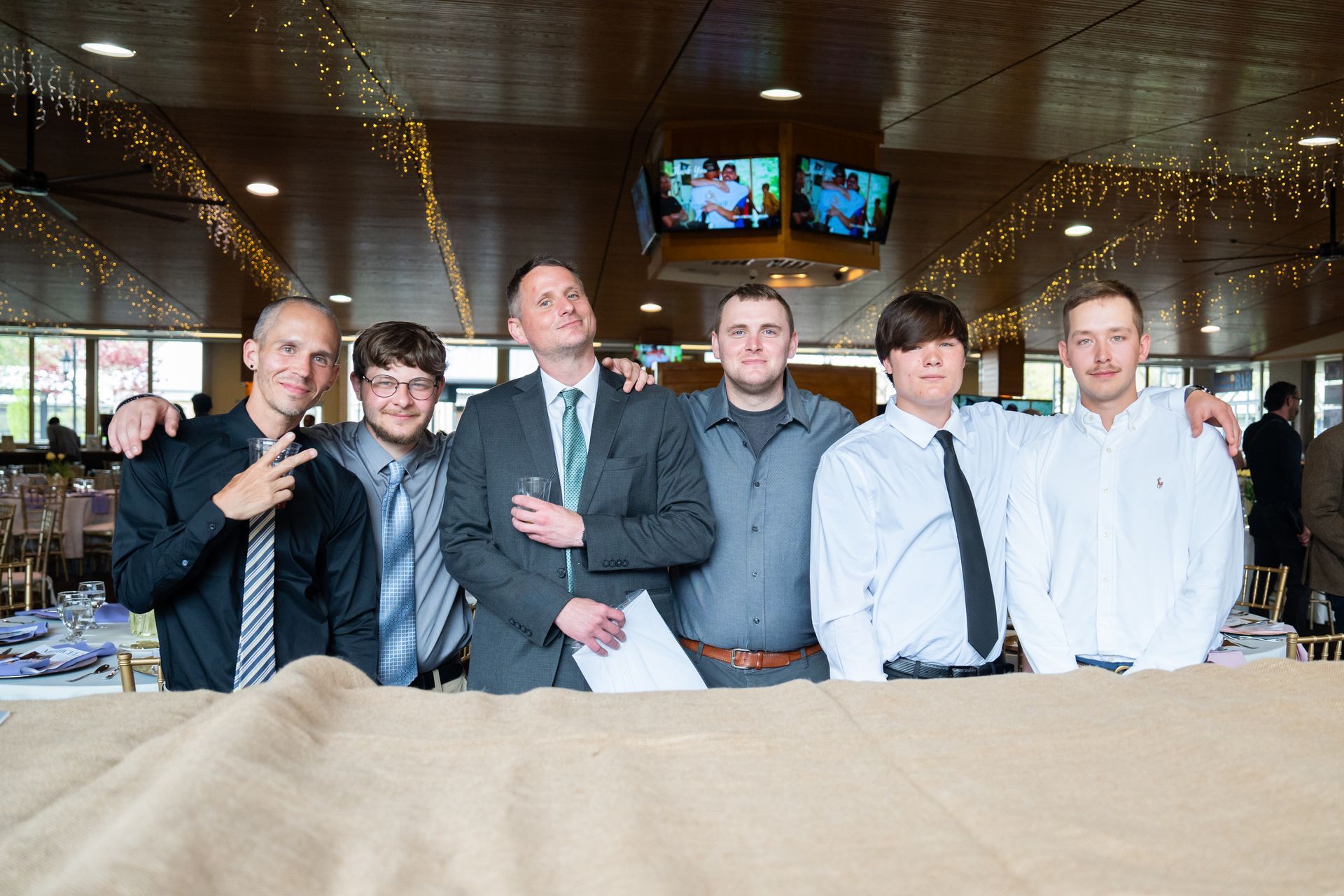
Who We Serve
Find out if Stable Recovery is a good fit for you.
While we want to help everyone, there are key requirements for those looking to join the program. If you'd like to be a part of Stable Recovery, you must:
- Commit to sobriety
- Commit to our four pillars
- Put forth maximum effort in recovery and job performance

Who We Serve
Find out if Stable Recovery is a good fit for you.
While we want to help everyone, there are key requirements for those looking to join the program. If you'd like to be a part of Stable Recovery, you must:
- Commit to sobriety
- Commit to our four pillars
- Put forth maximum effort in recovery and job performance
Get Help Now
(859)685-8898
info@stablerecovery.net
3363 Tates Creek Road, Lexington, KY 40502
Join Stable Recovery and Change Your Life
Complete the form below to be added to our waitlist. Someone will contact you as soon as possible.
Success Stories
The Stable Recovery program has been known to change lives. Hear from Graduates how the program has impacted them below.
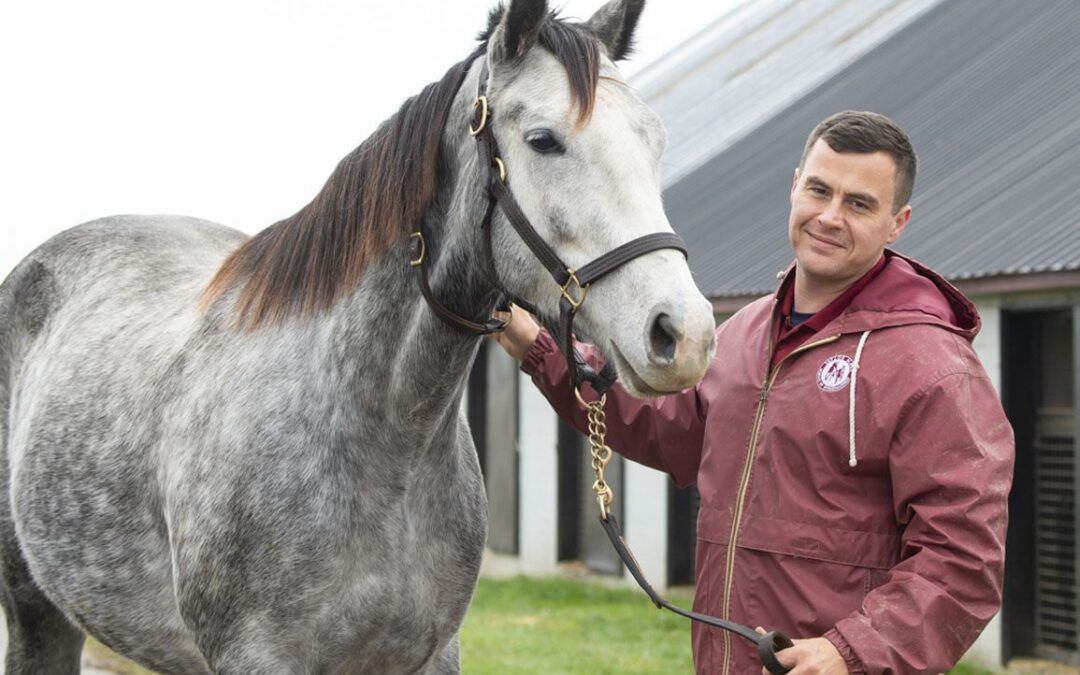
Frequently Asked Questions
Who is eligible to join Stable Recovery?
Stable Recovery is open to individuals facing challenges with drug or alcohol addiction who are ready to commit to their recovery journey and are willing to put forth maximum effort to achieve lasting change.
How long is the program?
Minimum of 1 year.
Do residents have access to their phones during the program?
For the first 90 days of the program, personal cell phones are collected, and access to personal vehicles is restricted, if applicable. This policy helps individuals remain focused on their recovery without unnecessary distractions.
How do I get into the program?
Fill out the Pre-Screen Form and email it to john@stablerecovery.net.
I've already been through other recovery programs. What makes Stable Recovery different?
At Stable Recovery, we believe lasting change requires more than just treatment; it takes structure, accountability, and maximum effort. Our program is uniquely designed to create a focused, distraction-free environment where individuals can fully commit to their recovery journey. Unlike many programs, we implement clear boundaries from the start, such as limiting access to personal phones and vehicles during the initial 90 days to help participants stay grounded and fully engaged. We also emphasize life skills, community involvement, and personal responsibility, equipping each individual with the tools they need not only to stay sober but to thrive long-term.


